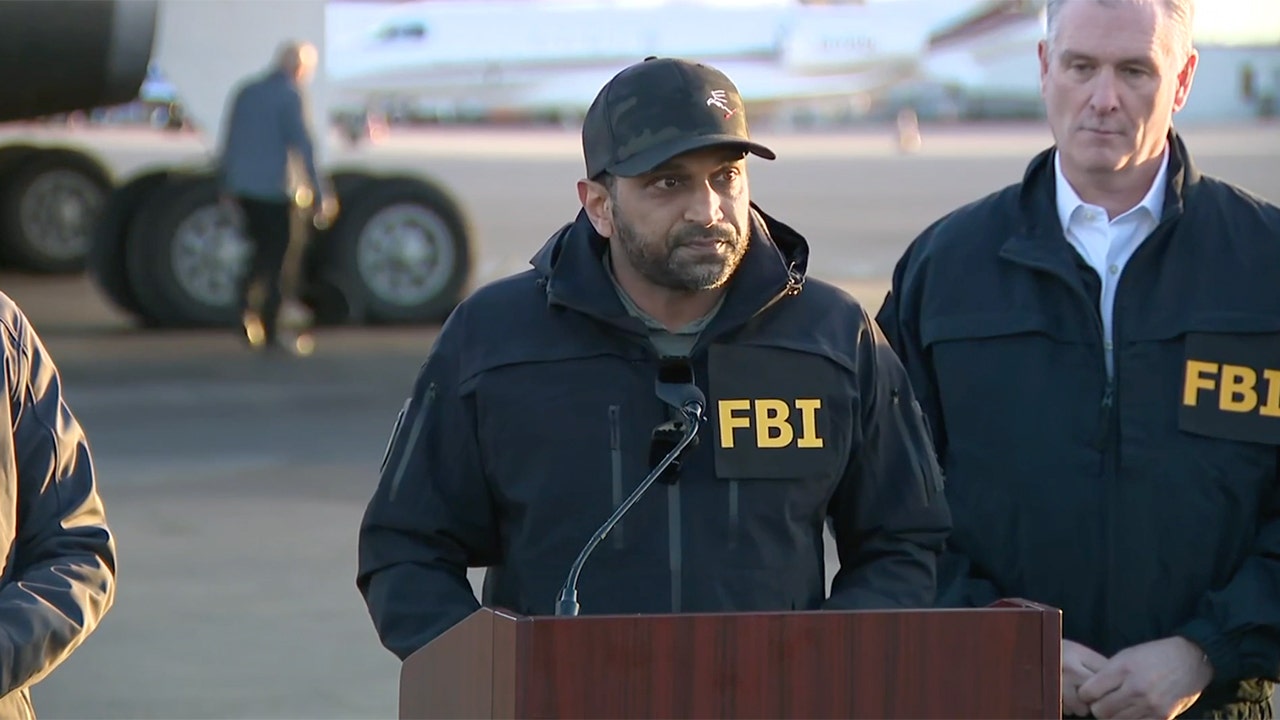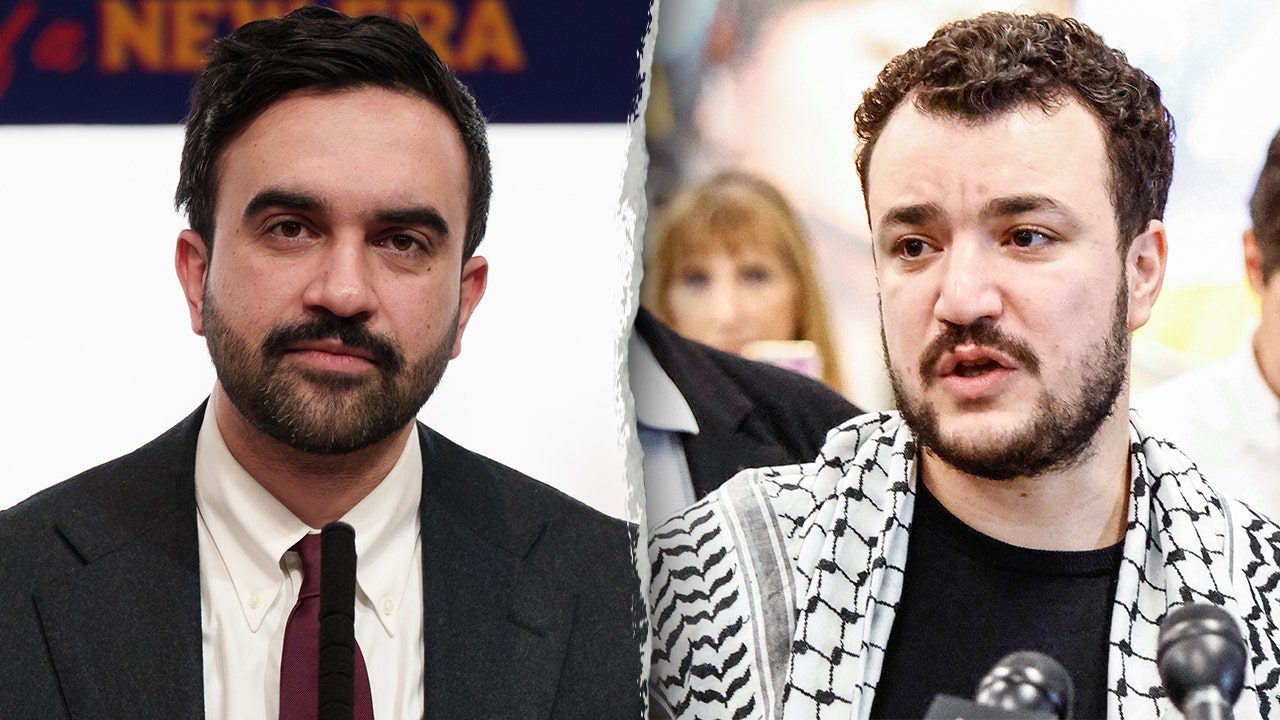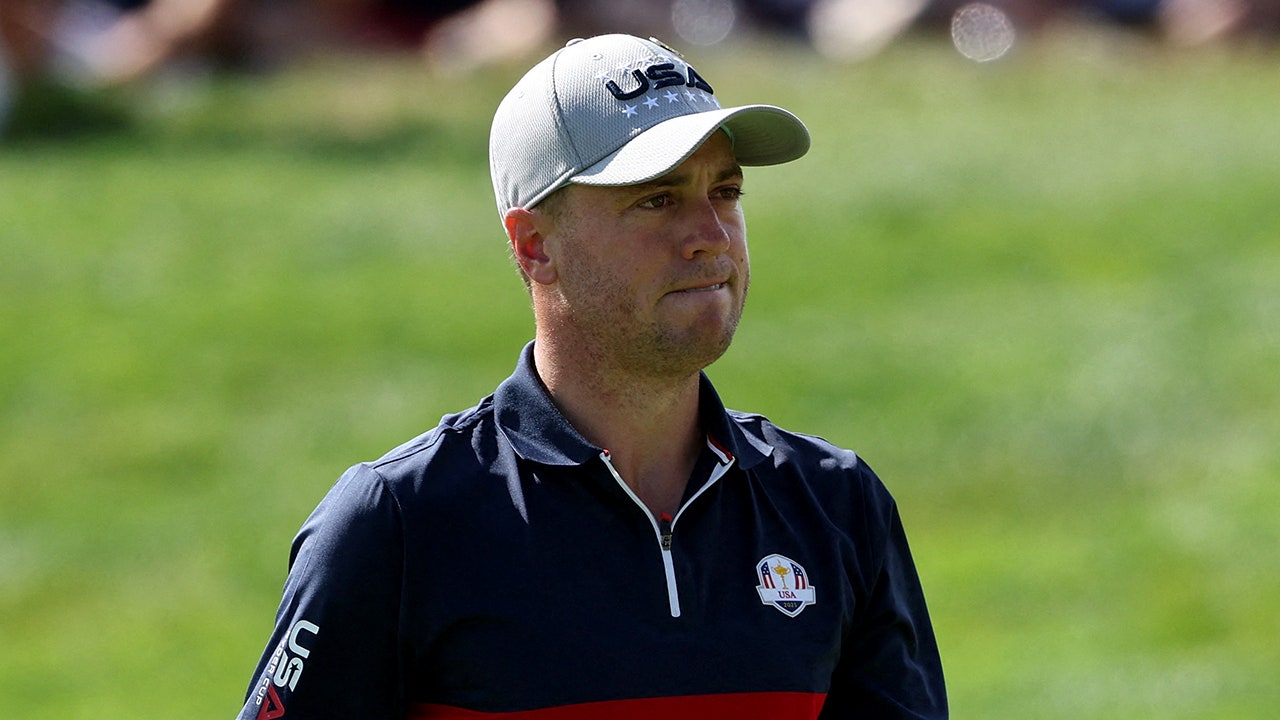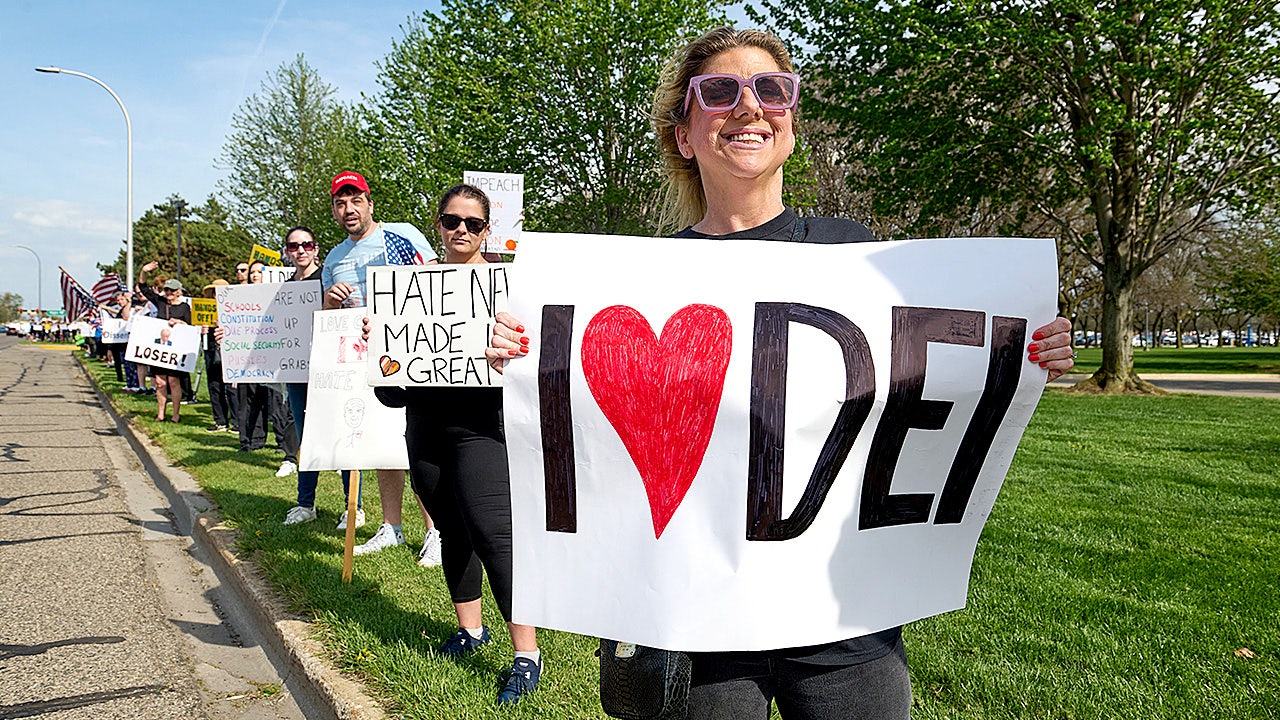The year 1950 was perilous for what then, unabashedly, called itself the Free World. In January Britain’s Labour government extended diplomatic recognition to Mao Zedong’s Communist China. The same month a New York jury convicted State Department luminary Alger Hiss of perjury, the statute of limitations for espionage having expired. Days later Wisconsin senator Joseph McCarthy reaped headlines, the first of many, by alleging extensive infiltration of Hiss’s professional colleagues by agents loyal to Moscow. April brought the same department’s classified report NSC 68 establishing the parameters of Communist containment that would guide U.S. policymakers until the 1970s. It was quickly put to the test when, on June 25, Communist North Korea crossed the 38th Parallel separating it from the democratic South; within days the South Korean capital of Seoul fell to the attackers.
At the time few could imagine the Communist juggernaut being challenged by the political science department of Montreal’s McGill University. More precisely, by a fiercely ambitious Polish-born student and budding Sovietologist whose 80,000-word master’s thesis proved in its own way as seminal a Cold War document as NSC 68. Even as the death knell sounded for Western colonialism, the former czarist empire was reconstituted on a scale reflecting Stalin’s postwar absorption of Eastern Europe. Zbigniew Brzezinski at 22 recognized international Communism as the lipstick on the pig of Russian imperialism. It contained, moreover, the seeds of its own destruction, he contended, thanks to the dizzying array of nationalities comprising the Union of Soviet Socialist Republics and its increasingly restive bloc of Eastern European satellites.
It was this insight that lent Brzezinski’s thesis its prophetic significance as what biographer Edward Luce calls “a road map to defeating the Soviet Union.” A columnist for the London-based Financial Times, and that publication’s chief explainer of all things American, Luce draws on Brzezinski’s private diaries, his extensive correspondence with Pope John Paul II, and over 100 interviews he conducted with Brzezinski family members and other associates. The result is a stunning reappraisal of a Cold Warrior whose significance transcends the Carter presidency.
Born into a family of Polish nobility in 1928, Brzezinski was the son of a well-traveled diplomat for the Second Polish Republic (“the Christ among nations”) under Marshal Jozef Pilsudski; his mother was a concert pianist and Red Cross official. Devout Catholics, the Brzezinskis equated their traditionalist faith with Polish patriotism. In time the same formula would transform Europe, as Zbig joined forces with a Polish pope whose election the KGB wrote off as “a Brzezinski plot.”
As a boy, Zbig watched torch-bearing Nazis parade through the streets of Leipzig. His father issued hundreds of passports to assist members of the Jewish community to escape the growing stranglehold of the Third Reich. Zbig, eldest of three sons, weathered a childhood bout of polio and his own family’s uprooting after they relocated to Montreal in October 1938. A year later Poland vanished from the map of Europe. A diplomat without a country, the elder Brzezinski was reduced to selling insurance over the phone. Zbig’s mother marketed cosmetics to the Polish émigré community.
By contrast Zbig flourished in his Canadian surroundings, rapidly mastering English and winning a clutch of academic prizes. “Wounded Polishness—and a sense of amputated history,” according to Luce, helps explain Brzezinski’s lifelong sense of purpose. Fast-forward to 1950. Weeks after he accepted an invitation to join Harvard’s Russian Research Center, Brzezinski wrote South Korea’s ambassador to the United States offering his services in the fight against the Communist North. The proposition was declined with thanks. Brzezinski had no more luck applying to the CIA.
Initially at least, his Cold War would be waged in the libraries and seminar rooms of Harvard and Columbia. An unconventional scholar, Brzezinski wrote many of his 56 books with nonacademic audiences in mind. None was more influential than his 1960 magnum opus The Soviet Bloc: Unity and Conflict. In its pages Brzezinski introduced the concept of “comparative Communism,” soon the subject of classes on many an American campus. In the classroom Brzezinski assigned reading material in the original Russian. He awarded a lonely A grade per class (an honor magnified by the professor’s accompanying letter of congratulations).
That he was more than a Morningside Heights Charles W. Kingsfield was demonstrated by Brzezinski’s high-energy simulations of the White House Situation Room, and his hammy lecture hall turn as a bemedaled Soviet official, complete with fake mustache and baton. (He was not above dressing as Stalin and offering a defense of the USSR as provocative as his costume.) Even then, however, Brzezinski was restless. “I want to come up with something that would get me in touch with the government,” he told his parents early in his decade at Harvard.
A turning point came in July 1961 with Zbig’s first cover story in Foreign Affairs, house publication of the foreign policy establishment. “Peaceful Engagement in Eastern Europe” was the latest iteration of his McGill master’s thesis. Harshly critical of both Truman era containment policy—too passive in its acceptance of the status quo—and the false bravado of John Foster Dulles’s incitement to liberation (ask rebelling Hungarians in 1956 how that worked out)—Brzezinski proposed “a pragmatic middle way that averted both appeasement and the risk of nuclear war.”
Evolving beyond its Moscow obsession, the United States should foster “peaceful liberation” by lifting travel restrictions, offering export credits, and encouraging scholarly and athletic exchanges. Modest steps, to be sure, but they got Brzezinski noticed. He was recruited for speechwriting assistance during the 1960 Kennedy campaign and on occasion during JFK’s presidency. Lyndon Johnson—but not his State Department—expressed interest in Brzezinski’s third way, though any serious chance of pre-Nixon détente—for that is what he was selling—was doomed by Vietnam and the Soviet invasion of Czechoslovakia in August 1968.
His newfound visibility also brought Brzezinski his share of unwanted attention. On his frequent travels abroad the professor could expect to be shadowed by Polish secret police. “Definitely an enemy—ideologist, very active, gifted, and very clever,” wrote one intelligence officer. As senior foreign policy adviser to Hubert Humphrey’s 1968 campaign, Brzezinski tried repeatedly to get the vice president to break with LBJ by calling for a halt to the U.S. bombing of North Vietnam. Four years later, labeling Democratic nominee George McGovern “a disaster” for his quasi-isolationist recoil from the Vietnam war, Brzezinski exercised his own independent judgment by voting to reelect Richard Nixon. (Party loyalty demanded too much of Brzezinski a second time in 1988, when he opted for George H.W. Bush over Michael Dukakis.)
After the Watergate scandal led to Nixon’s resignation in August 1974, Brzezinski lent early support to former Georgia governor Jimmy Carter, then the darkest of dark horses. Carter went to school on the Trilateral Commission, the blue ribbon panel of economic and political heavyweights Brzezinski assembled with the help of David Rockefeller. Following his election in November 1976, President-elect Carter recruited heavily from commission ranks. At the same time he was deluged with pleas not to make the abrasive Brzezinski his national security adviser.
Henry Kissinger, having characteristically opened secret channels to the Carter camp while working for Gerald Ford, described Brzezinski as “excessively emotional and not able to think impassively in the long term.” Clark Clifford, exercising Harry Truman’s proxy vote three decades after claiming strategic credit for Truman’s 1948 upset election, told Carter he should make Brzezinski U.S. ambassador to the Bermuda Triangle.
The Old Guard had its preferred candidate to run foreign policy for the untested Carter: Averell Harriman’s protégé Cyrus Vance, the sleek, Yale-educated Wall Street lawyer, former secretary of the Army, board member of IBM and the New York Times; “self-effacing,” writes Luce, “public spirited, and a consummate negotiator.” No one ever called Brzezinski self-effacing. The inaugural parade was still marching on the afternoon of January 20, 1977, when Brzezinski unveiled a drastically streamlined NSC. “Co-ordination is predominance,” he reminded aides. Henceforth the State Department would implement what the White House (ZB) instigated.
Vance might protest, but his gentlemanly end runs were invariably blocked by the man who wrote the book on political infighting. Consider détente. Presidential speeches would be returned from State with the qualifying terms “reciprocal and comprehensive” removed from any text. Brzezinski made sure they were reinstated. Meanwhile NSC staff devised a list of foreign policy priorities, approved by the president—and withheld from State. Both camps leaked viciously against the other.
“There is nothing like devastating your opponent with a good, clean shot with precision and power.” Brzezinski played the press like he did tennis. Heedless of popularity, he took his lumps from reporters who valued conflict over classroom erudition. Critics accused him of lacking a strategic framework, of naïvely pursuing arms reduction at the cost of arms limitation. The Brzezinski record looks better with the perspective of time. Eager to play the China card against Moscow by supporting Afghan insurgents after the Soviets invaded their country, Carter and Brzezinski gave the Kremlin a taste of Vietnam-style futility. A U.S.-led boycott of the 1980 Moscow Olympics, coupled with Senate failure to pass a less ambitious SALT II treaty, left détente as dead as John Hay’s Open Door.
Yet Brzezinski could claim credit (or accept blame) for normalizing relations with the People’s Republic of China, returning the Panama Canal to Panamanian oversight, weaponizing human rights against Moscow, and raising the U.S. profile throughout much of the Third World. On the other hand, there were occasions when bureaucratic caution might have saved the administration untold grief—as when Carter, acting on Brzezinski’s counsel, admitted the deposed shah of Iran to the United States for cancer treatment. The ensuing Iranian hostage crisis was emblematic of U.S. reliance on regional despots whose anti-Communist fervor exceeded their attachment to Jeffersonian democracy.
And Brzezinski was a secondary player in Carter’s biggest diplomatic coup, the Camp David Accords ending hostilities between Israel and Egypt. He blamed Israeli prime minister Menachem Begin for reneging on the second half of the deal, under which Israel and the Palestinians were supposed to negotiate the first steps toward a two-state solution. His careless use of the term “Israel lobby” evoked hurtful allegations of anti-Semitism. In the Reagan years the outspoken Brzezinski often seemed a man without a party.
Reagan himself gave serious consideration to making Brzezinski his national security adviser. By the second Bush presidency Zbig’s eldest son Ian was working in a Republican White House, supporting the Iraq war that his father denounced from day one. Valuing his independence more than his bank book, Zbig limited himself to short-term consultancies and an occasional paid speech, in sharp contrast to the incorporation of Henry Kissinger. But then he didn’t spend much. Trudy Werner, who organized Brzezinski’s life for decades, finally succeeded in getting her boss to take her to lunch for National Secretaries Day. Their McDonald’s meal culminated in Zbig’s query, “So how much do I owe you for my share?”
Luce pays a lot of attention to the Brzezinski family, reflecting Zbig’s own priorities. By all accounts the Brzezinski marriage was inviolable. Wife Muska was a chainsaw artist whose offer of a heroic-size crucifix was turned down by their local Catholic church. Too modern. Zbig mentioned this fact during his next Vatican visit. “I think they will have a revelation,” John Paul II assured him. His prediction was validated within the week.
At the end of his life, having gently disengaged from his Catholic faith, Brzezinski’s ashes were scattered in a Virginia forest where he had long ago taught his sons to hunt deer. “There is no Brzezinski gravestone or epitaph,” Luce laments. In fact, Zbig supplied his own self-assessment with unerring prophecy in his McGill yearbook. “When one is right, victory is only a matter of time.”
Zbig: The Life of Zbigniew Brzezinski, America’s Great Power Prophet
by Edward Luce
Avid Reader Press, 560 pp., $35
Richard Norton Smith is a Pulitzer Prize finalist and author, most recently, of Ordinary Man: The Surprising Life and Historic Presidency of Gerald R. Ford (Harper).
Read the full article here







